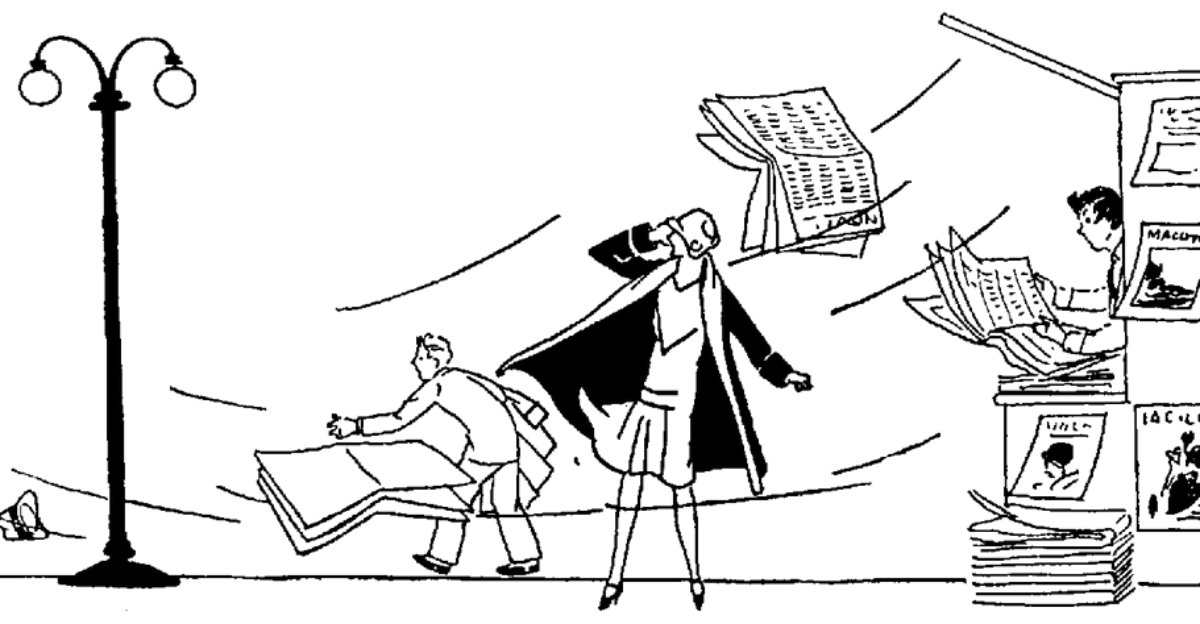DON’T PAY ANY ATTENTION TO THE MAN BEHIND THE CURTAIN. “WHY NOT?” BECAUSE HE IS WORKING HARD TO CONVINCE US THAT OUR SMALL PROBLEMS ARE BIGGER THAN OUR B-I-G PROBLEMS. IF YOU DISTURB HIM HE MIGHT NOT EFFICIENTLY MANIPULATE AND HYPNOTIZE US. AND THAT WOULD MAKE HIM SAD…
“And here is the latest news. We have reports telling us that a large amount of counterfeit money is in circulation. Our expert, Mr F. Ake, will give us the details and also show everybody an easy way to differentiate between real and counterfeit dollars.”
I am sure everybody would be riveted to the TV if this was on the news. Of course we want to be aware of fake money, of course we want to learn how to see the difference, of course we don’t want to be ripped off.
But we are, in grand style!
Something very similar to this is going on right now, and have been going on for hundred of years, only on a global scale and influencing everybody, with or without dollars. Shouldn’t that be even greater news?
Yes, it should. And it would, were it not for that busy man behind the curtain.
Etymology, tracing the family tree of words, is mainly a pursuit for intellectual or academic folks, with little practical application in our everyday lives. But there are notable exceptions. The following is one of the most important ones, much more important than genuine and fake money. I would say, as important as being able to distinguish North and South.
The word in question is “progress”. Let us see what has happened to it through history, how it changed from simple spatial movement forward to cultural movement upward.
progress early 15c., “a going on, action of walking forward,” from O.Fr. progres, from L. progressus (see progression). Figurative sense of “growth, development, advancement to higher stages” is from c.1600.
Thus the word has two meanings: walking forward versus developing, advancing to higher stages. A literal and a figurative sense, clearly different.
How did the mix-up and confusion come about? I don’t know, but it is very valuable just to know that it DID. As to how and why — I suspect that chauvinism, the impulse to want to seem better than others, not least our forefathers, plays a role in it.
progression late 14c., “a going on, action of walking forward,” from Old French progres (Modern French progrès), from Latin progressus “a going forward,” from past participle of progredi (see progression).
from pro “forward” (see pro-) + gradi “to step, walk,” from gradus “a step”
So once upon a time “progress” just meant to move forward, taking a step forward. However, if you stood immediately facing a wall, that was not a very wise thing to do. Michel de Montaigne elegantly captured the whole dilemma in the following saying: “When you stand on the edge of a precipice there is only one way to make progress, and that is to take a step back.” A step forward means certain death, and that’s only progress if you are suicidal.

So, progress originally meant a linear forward-movement but then the figurative sense took over and taking steps forward became synonymous with “growth, development, advancement to higher stages”.
And that’ s where we are today; confusing taking steps forward with moving upwards in true development, maturity and evolution.
Some examples of A Step Forward-progress:
Our computers will soon have 1) more memory 2) faster processors 3) more functions.
The trains will travel 1) faster 2) be more comfortable 3) have wi-fi in all the wagons (except third class, which doesn’t exist…).
Robots will soon be 1) very affordable 2) cute and cuddly 3) as smart if not smarter than you 4) very good in warfare.
The parameters of these steps forward can be classified into a few main groups.
- SPEED (things, processes and services will be faster, never slower)
- PRICE (things, functions and services will be cheaper, maybe even free, but never more expensive (the Wide-eyes Boy in the Toyshop-model))
- COMFORT and EASE (things, products and services will be more comfortable and easier, demanding almost nothing of us, at most a mouse click. Hungersite, where you help the poor of the world with (you guessed it) a mouse click is an example of this.)
- EFFICIENCY (making processes faster, more cost-effective, streamlined, giving more product for a lesser price)
- STREAMLINE (there will be less friction, mechanical and psychological)
- AUTOMATED (humans need not be involved in the process at all; the field of AI and robotics today)
- HIGHER SALES (the product or service will be bought by more people).
Now let’s bring out our mental scalpel. Are these examples steps forward or development? We have been inspired / manipulated to use the words as synonyms, but they are not the same thing.
We have in Pavlov’s dog fashion been taught to salivate before words like speed, comfort and efficiency. Ring the bell, our tongue comes out all wet. But if we really try to be Homo sapiens for a moment, WHO is gaining by these steps forward?
It differs. Sometimes almost everybody, sometimes a few people, very often mainly those who sell and market a product.
And WHAT are they gaining? Development, or more money?

Let’s ponder the development, sorry, I mean progress of robotics.
In our confused, manipulated thinking, mixing progress and development into a muddy porridge, we have learnt to applaud or at least accept that
- robots are taking over more and more jobs.
What does that do with us as workers, employees, humans? Is that good news? We don’t know…
2) robots are getting more and more smart, maybe soon surpassing humans.
The word “robot” originally means worker, but a worker that is smarter and more logical than us might not accept the role of worker-slave. What happens then? We don’t know…
So this is obviously progress, many fantastic steps forward for robotics, and for those making money on robots.
But what is it for everybody else…? Can it be called development?
In what way would this develop us as humans? Being able to live more comfortably does not count. Remember that optimal comfort is coma, and we are heading that way.
–Another example is motorism. Cars have in the last 150 years taken, or hijacked, a very central role in our lives. Not in every individual’s life (not everybody has a car) but in our culture, in the world. Our towns and cities, even villages look as they do to accommodate the car.
Is that progress or development?
It depends. There are some variations. But in the big picture the main advantages (to use a word that is neither progress or development) seem to be these:
a) We can travel faster
b) We can travel long distances, faster
Nothing stops us from walking to another continent, or bicycling. So the gain is in time and distance, and of course in what we can carry with us. (A bike or a backpack are of course limited in that respect.)
The picture is clearly not black or white. But for most if not all people it is generally white.
The thought that the car was basically a BAD IDEA, not helping but hindering humanity’s development (in contrast to progress), is not a thought that is permitted over the threshold. We don’t allow ourselves such rebellious thoughts, thank you. No Ludditism, we are scientific!
The examples are many, but the basic question is the same: Is it progress or development? Let’s ask that question as often as possible, making the work of the man behind the curtain a bit more challenging and less streamlined.

